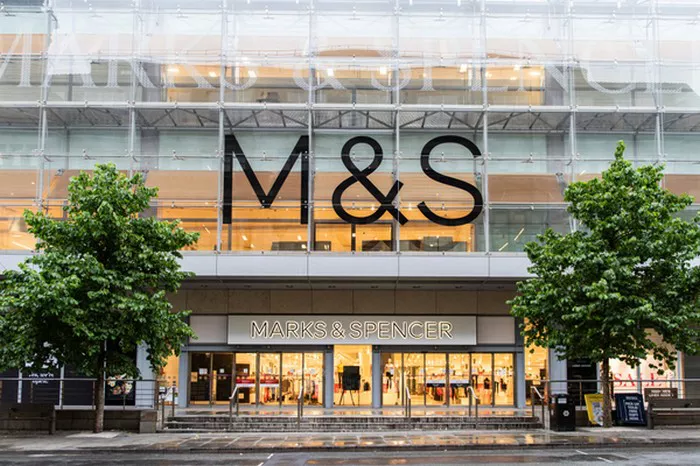Marks & Spencer (M&S) is ramping up its sustainability efforts by rolling out a fleet of lorries powered by biomethane, a renewable gas produced from waste materials like food scraps, animal manure, and wastewater. The company aims to reduce emissions by up to 85% compared to traditional diesel-powered trucks, while also benefiting from significant cost savings.
As part of this initiative, M&S plans to introduce 50 biomethane-fuelled lorries to support its food supply chain, transporting ingredients and products between warehouses. An additional 30 vehicles will be dedicated to distributing M&S’s clothing and homeware lines. Once fully operational, nearly 10% of M&S’s entire transport fleet will be low-emission.
This move is part of M&S’s broader commitment to achieving net-zero emissions across its operations by 2030 and within its supply chain by 2040. Last year, the retailer invested £1 million to reduce emissions from dairy cows by modifying their feed, leading to a reduction of approximately 11,000 tonnes of greenhouse gases.
The UK government is increasingly urging businesses to take stronger action on environmental sustainability. Labour has pledged to reinstate a ban on the sale of new petrol and diesel cars by 2030, and ministers are considering a new levy on companies that use plastic packaging instead of more eco-friendly options.
Transport Minister Lilian Greenwood has praised M&S for its efforts, highlighting the initiative as an example of how British companies can lead the way in adopting zero-emission vehicles. Julian Bailey, M&S’s head of group transport, emphasized that the company is focused on reducing carbon emissions, saving energy, and improving operational efficiency through the adoption of green technologies.
Related topics:

